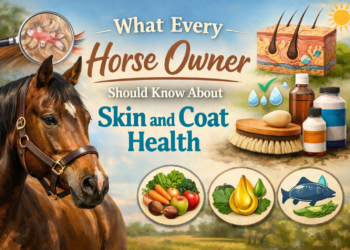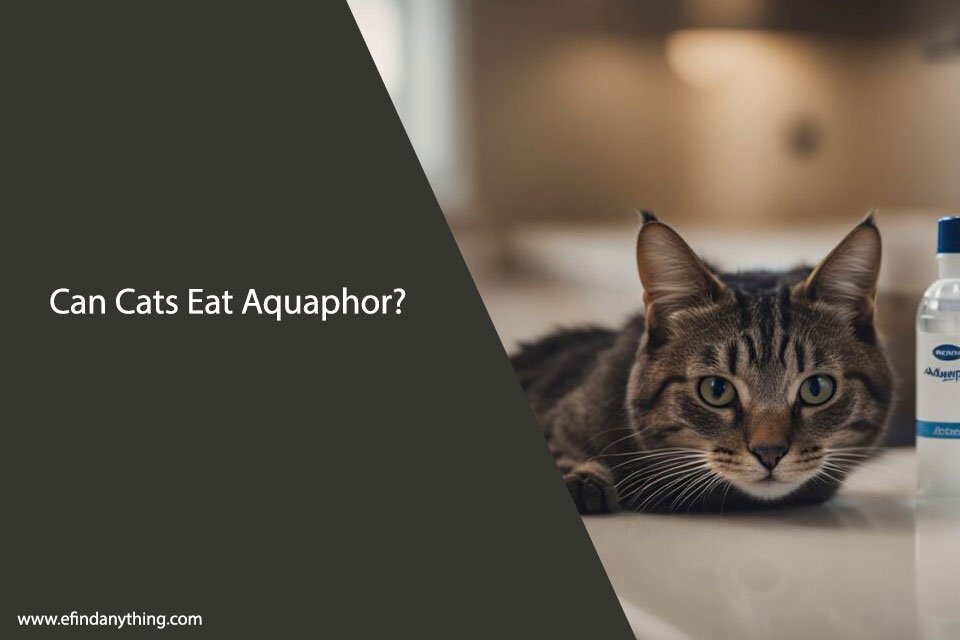Cats are known for their picky eating habits. As a cat owner, you may have wondered if your feline friend can eat pickles. Pickles are a popular snack for humans, but are they safe for cats to consume? In this article, we will explore whether cats can eat pickles and what potential risks or benefits they may have.

First and foremost, it is important to note that cats are obligate carnivores, meaning their diet should consist mainly of meat. While cats can eat some fruits and vegetables in small amounts, they do not require them in their diet. Pickles, which are cucumbers that have been soaked in vinegar and brine, are not a natural part of a cat’s diet. Therefore, it is not recommended to feed pickles to your cat on a regular basis.
Can Cats Eat Pickles?
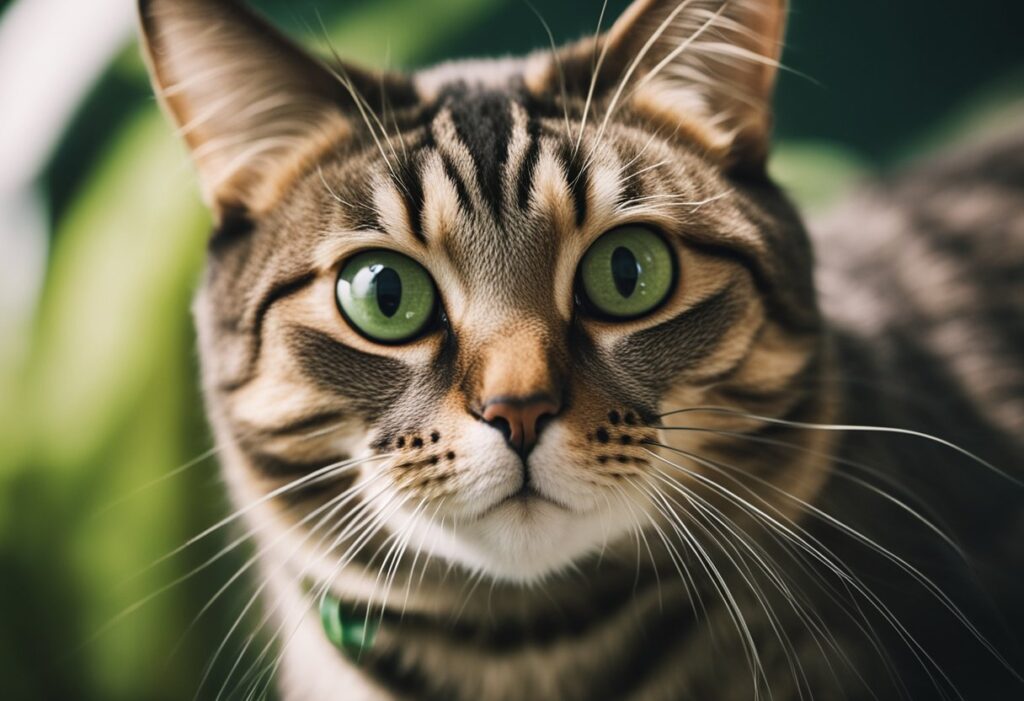
Understanding Cats’ Dietary Needs
As carnivores, cats require a diet that is high in protein. They also need specific nutrients like taurine, which is essential for maintaining healthy vision and heart function. Cats are not able to produce taurine on their own, so it must be included in their diet.
Cats also have a low thirst drive and are prone to dehydration, which means they need to consume water regularly. This is why wet food is often recommended for cats, as it can help them stay hydrated.
The Ingredients of Pickles
Pickles are made by soaking cucumbers in a solution of vinegar, water, and salt. While cucumbers themselves are not toxic to cats, the pickling process can add ingredients that are not safe for them to consume.
Most pickles contain high amounts of salt, which can be harmful to cats if consumed in large quantities. Excessive salt intake can lead to dehydration and even salt poisoning in severe cases.
Additionally, some pickles may contain garlic or onion, which are both toxic to cats. These ingredients can cause damage to a cat’s red blood cells and lead to anemia.
In conclusion, while a small amount of cucumber may be safe for cats to consume, pickles are not recommended for their diet. The high salt content and potential inclusion of toxic ingredients make them a risky choice for our feline friends. It’s always best to stick to a balanced diet that meets their specific nutritional needs.
Potential Health Risks
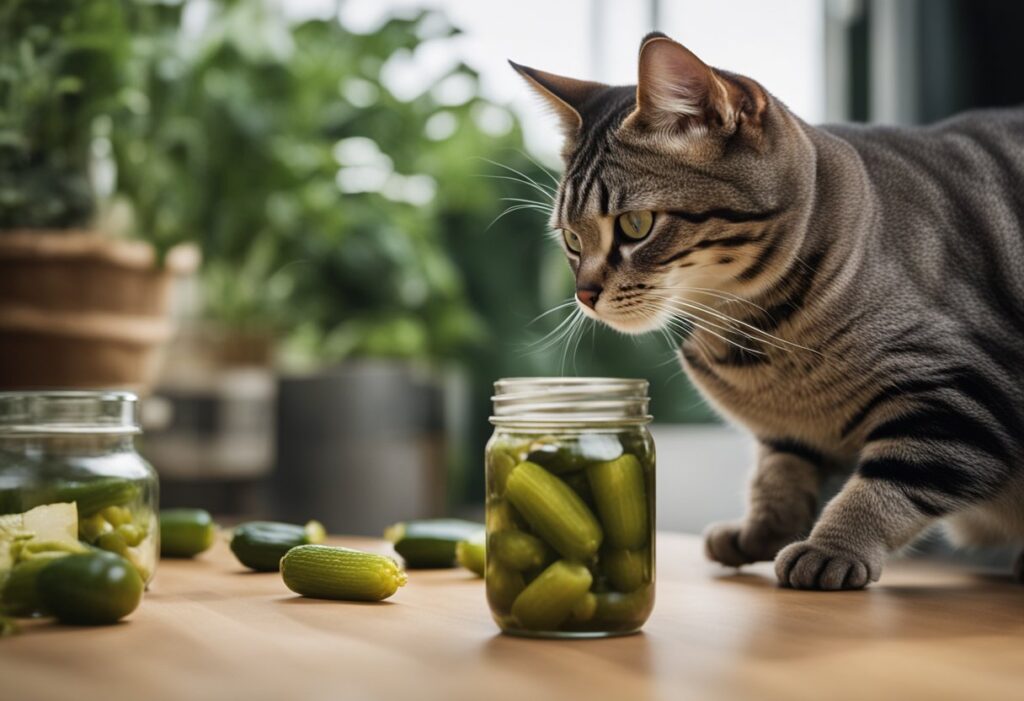
When it comes to feeding cats pickles, there are several potential health risks to consider. While pickles themselves are not toxic to cats, they can still cause harm in a number of ways.
Acidity and Salt Content
Pickles are typically high in both acidity and salt content, which can be harmful to cats in large amounts. Excessive salt intake can lead to dehydration, electrolyte imbalances, and even kidney damage. Additionally, the high acidity of pickles can irritate a cat’s stomach and cause digestive issues.
Possible Allergic Reactions
Like humans, cats can have allergic reactions to certain foods. While pickles are not a common allergen for cats, it is still possible for them to have an adverse reaction. Symptoms of an allergic reaction can include vomiting, diarrhea, and skin irritation.
Choking Hazards
Pickles are often sliced into small pieces, which can pose a choking hazard for cats. Additionally, the pickling process can make pickles slippery and difficult for cats to chew and swallow properly.
Overall, while it is not recommended to feed pickles to cats, small amounts are unlikely to cause any significant harm. However, it is always best to err on the side of caution and stick to a cat’s regular diet to ensure their health and safety.
Consulting a Veterinarian

When it comes to introducing new foods to your cat’s diet, it is always best to consult with a veterinarian. They can provide you with specific dietary recommendations for your cat based on their age, weight, and overall health.
While pickles are not toxic to cats, they are not a necessary part of a feline’s diet and should only be given in moderation. If you are considering adding pickles to your cat’s diet, it is important to discuss this with your veterinarian first.
Additionally, if your cat has any pre-existing medical conditions, such as diabetes or kidney disease, it is especially important to consult with a veterinarian before introducing any new foods to their diet. Some human foods can be harmful to cats with certain medical conditions, so it is best to err on the side of caution and seek professional advice.
In summary, while pickles are not toxic to cats, it is important to consult with a veterinarian before introducing any new foods to your cat’s diet, especially if they have any pre-existing medical conditions.
Alternatives to Pickles for Cats
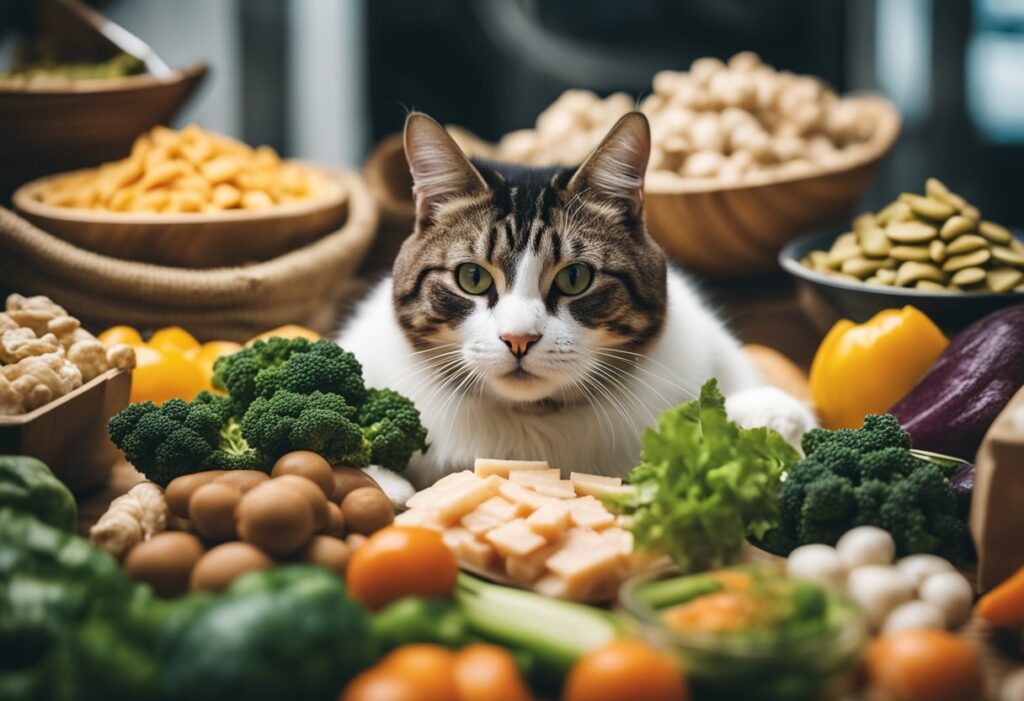
As much as we love pickles, they are not a suitable food for our feline friends. However, there are plenty of alternatives to pickles that cats can safely enjoy.
Fresh Vegetables
Cats are obligate carnivores, meaning their diet should consist mainly of meat. However, some cats enjoy the occasional vegetable as a treat. Vegetables such as carrots, green beans, and broccoli are safe for cats to eat in small amounts. Be sure to cut them into small pieces and steam or cook them before feeding them to your cat.
Cooked Meat
Cooked meat is a great alternative to pickles for cats. Chicken, turkey, and lean cuts of beef are all good options. Be sure to remove any bones and skin before feeding it to your cat. Also, avoid seasoning the meat with any spices or sauces.
Cat-Safe Fruits
Some fruits are safe for cats to eat in small amounts. Apples, bananas, and blueberries are all good options. Be sure to remove any seeds or pits before feeding them to your cat. Also, avoid giving your cat any citrus fruits, as they can cause stomach upset.
Commercial Cat Treats
If you’re looking for a quick and easy alternative to pickles, there are plenty of commercial cat treats available. Look for treats that are made with high-quality ingredients and are specifically formulated for cats. Be sure to check the ingredients list to make sure there are no harmful additives or preservatives.
In conclusion, while pickles are not safe for cats to eat, there are plenty of alternatives that they can enjoy. By offering your cat a variety of safe and healthy treats, you can help keep them happy and healthy.
Conclusion

In conclusion, cats can eat pickles, but it is not recommended. Pickles are high in sodium and vinegar, which can cause digestive problems and dehydration in cats. It is important to note that cats are obligate carnivores, and their diet should consist mainly of meat.
If you want to give your cat a treat, it is best to stick with cat-friendly foods such as cooked chicken or fish. These foods are high in protein and low in sodium, making them a healthier option for your feline friend.
Overall, while pickles may be safe for cats in small amounts, it is best to avoid feeding them to your cat altogether. As responsible pet owners, we should always be mindful of our cat’s nutritional needs and provide them with a balanced and healthy diet.
Frequently Asked Questions
Are pickles safe for cats?
Pickles are not toxic to cats, but they are not recommended for consumption either. Pickles are high in sodium and vinegar, which can upset a cat’s stomach and cause digestive issues. Additionally, the strong taste and smell of pickles may not be appealing to cats.
Is dill safe for cats to eat?
Dill is not toxic to cats and can be safe for consumption in small amounts. However, it is important to note that cats are obligate carnivores and do not require herbs in their diet. Therefore, it is not necessary to feed cats dill or any other herbs.
What human foods can cats safely eat?
Cats should primarily eat a balanced and complete diet of commercial cat food that meets their nutritional needs. However, there are some human foods that cats can safely eat in moderation, such as cooked meat, eggs, and small amounts of fruits and vegetables.
Can cats eat cheese?
Cats can eat cheese in small amounts as an occasional treat. However, cheese is high in fat and lactose, which can cause digestive issues and obesity in cats if consumed in excess.
Can cats have mayo?
Mayonnaise is not toxic to cats, but it is not recommended for consumption. Mayo is high in fat and calories, which can lead to obesity and other health issues in cats.
Can cats eat peanut butter?
Peanut butter is not toxic to cats, but it is not recommended for consumption. Peanut butter is high in fat and calories, and some brands may contain xylitol, which is toxic to cats. Additionally, cats are obligate carnivores and do not require peanut butter in their diet.


